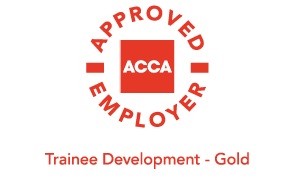Over two thirds of EU citizens that are currently in the UK are here for work. The government is advising that if these individuals plan to remain living and working in the UK, after it leaves the EU, they can now apply to the EU Settlement Scheme (EUSS).
EU, EEA, or Swiss employees, and their family members, can apply to the EUSS if they want to continue to live, work, and study in the UK after 31 December 2020. This applies whether UK leave the EU with a deal or with a ‘no deal’.
Under the scheme, successful applications will be granted either settled or pre-settled status. Status depends on how long they have been living in the UK when they apply. In both cases, they can continue to work in the UK, use public services like the NHS, and access public funds such as pensions. Irish citizens do not need to apply.
The government has created an employer toolkit to help EU citizens with their application. The toolkit includes items such as posters and videos and information on how to apply. Employers do not have any obligation to share any information or even check whether employees have applied. However, they may wish to offer reassurance to their employees and make sure they have the right information.
However, employers have a duty not to discriminate against EU citizens with regards to the UK’s decision to leave the EU, both as a prospective and current employer.
Internet links: Agent Update 72 GOV.UK EUSS

